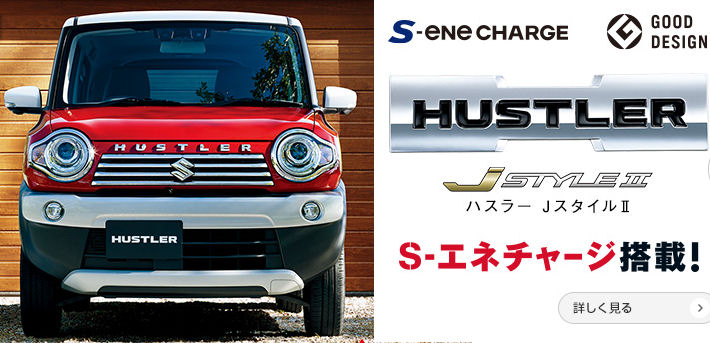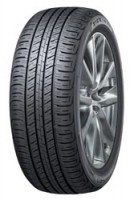Suzuki reports emissions and fuel testing “discrepancies”, denies cheating
 Testing methods for the Hustler and 15 other Suzuki models were reviewed
Testing methods for the Hustler and 15 other Suzuki models were reviewed
Following revelations of Mitsubishi Motors Corporation’s use of excessive tyre pressure to influence fuel consumption tests in April, Japan’s Ministry of Land, Infrastructure, Transport and Tourism sent out surveys to 41 manufacturers whose vehicles possess type certification in Japan. The manufacturers were required to report back on test practices by 18 May. Suzuki shared with the ministry that “some discrepancies” were found between the Ministry’s regulations covering emission and fuel efficiency and the methods it actually uses. Suzuki denies that these incongruities are evidence of data manipulating, cheating or, in its own words, “acts of injustice.”
Suzuki reviewed the way driving resistance is measured for all 16 models it currently sells in Japan. This review showed that the driving resistance data submitted to the authorities was not actually data gained from testing the cars themselves, rather this data was a composite of data gained from measuring individual components such as tyres, brakes and transmissions during rolling resistance tests and wind tunnel tests.
According to Suzuki, this method of testing was chosen to compensate for the close proximity of its Sagara proving ground to the ocean. The manufacturer states its hilltop, coastal location means the proving ground is “significantly affected by weather conditions such as [the] influence of wind,” and therefore “carrying out tests were difficult.” Suzuki notes that weight and rolling resistance-optimised vehicles are susceptible to influences such as the wind during testing, resulting in test results that are spread across a wider variation. “In [the] case of adopting tyres with less rolling resistance, for an example, it is difficult to perceive the effect without variation in data, and [therefore we] have to increase the number of tests,” reports the vehicle manufacturer.
The survey investigation ascertained that the testing carried out by Suzuki fell “within the range of measurement deviation” when compared with data gained through performing coasting tests, and therefore the company considers it “not necessary to amend the driving resistance value applied, nor the fuel efficiency value measured using the driving resistance value.” In regards to emissions performance, Suzuki states that its testing “complies with the safety standards” and thus it considers “it does not have any problems.” The manufacturer’s advice to motorists driving the 16 tested models is to continue using them “at ease.”
A statement issued by Suzuki yesterday confirms that the testing issues do not apply to Suzuki-badged products sold outside of Japan. The company doesn’t anticipate that the disclosure of its testing practices will have any impact upon its consolidated operating result forecasts.




Comments